Documentary film festival Mountainfilm is something of a national holiday for the outdoor adventure world. Held in Telluride, Colorado every Memorial Day weekend since 1979, Mountainfilm was pioneered by a number of luminaries in the outdoor space, including Royal Robbins, Yvon Chouinard of Black Diamond and Patagonia, Climbing magazine chief Michael Kennedy, and former president of the American Alpine Club Lito Tejada-Flores.
The Outdoor Journal contributor Anna Kayes attended the 2024 iteration of the festival. Below, she shares her thoughts on the four films she screened.
Winner of the Student Choice Award and James Balog Creative Vision Award, One with the Whale provides a nuanced, character-driven exploration of the dissonance between traditional ways of life in a remote Arctic native community and modernity. Sweeping drone shots of the icy landscape juxtapose the harsh environment with the warm, intimate moments of daily life through the eyes of Chris Appassingok and his family.
A talented hunter forced to provide for his family at a young age, Chris becomes the youngest in his community ever to harpoon a whale, becoming a hero at home and across Alaska, while being villainized by non-native environmentalists. The whale hunting scenes are particularly immersive, placing the audience directly in the boat, feeling the icy wind and the tension of the chase.
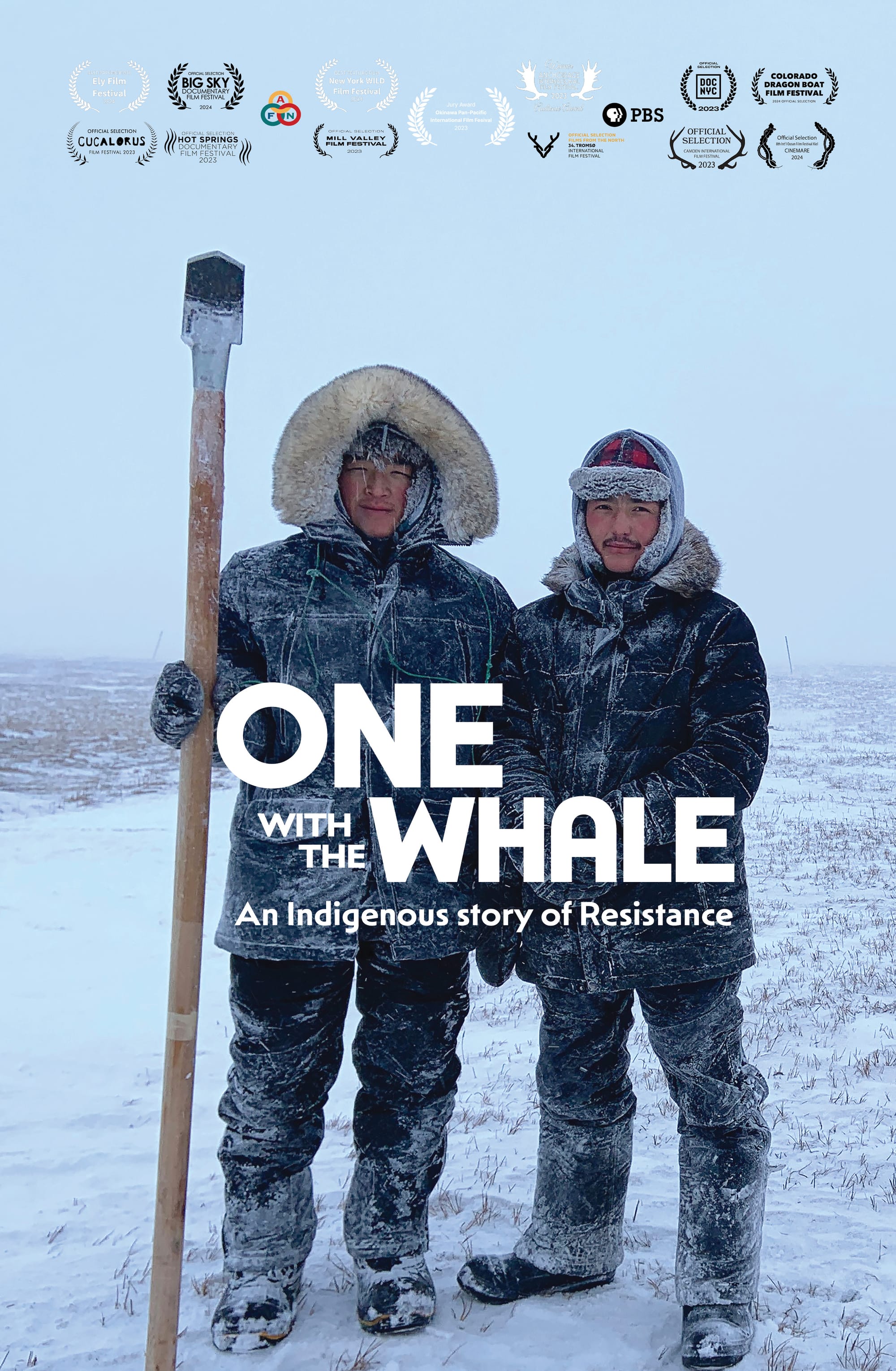
Chris Appassingok and his family. CREDIT: One with the Whale
At the heart of the story is the relationship between father and son, and the struggle to stay connected to one’s roots both due to physical distance and modern societal pressures. Universal family themes connect viewers to the Bering Sea by watching Chris’ mother post proudly of her family’s milestones and achievements on Facebook and his sister’s calling home from Anchorage for tips on cooking walrus stew. The family pride throughout Chris’ high school graduation ceremony underscores the gap between the academic knowledge he gains and the practical skills required to sustain his community.
All told, One with the Whale offers a moving commentary at the intersection of community and family identity, native rights and cultural preservation, and colonialism and the impacts of climate change.
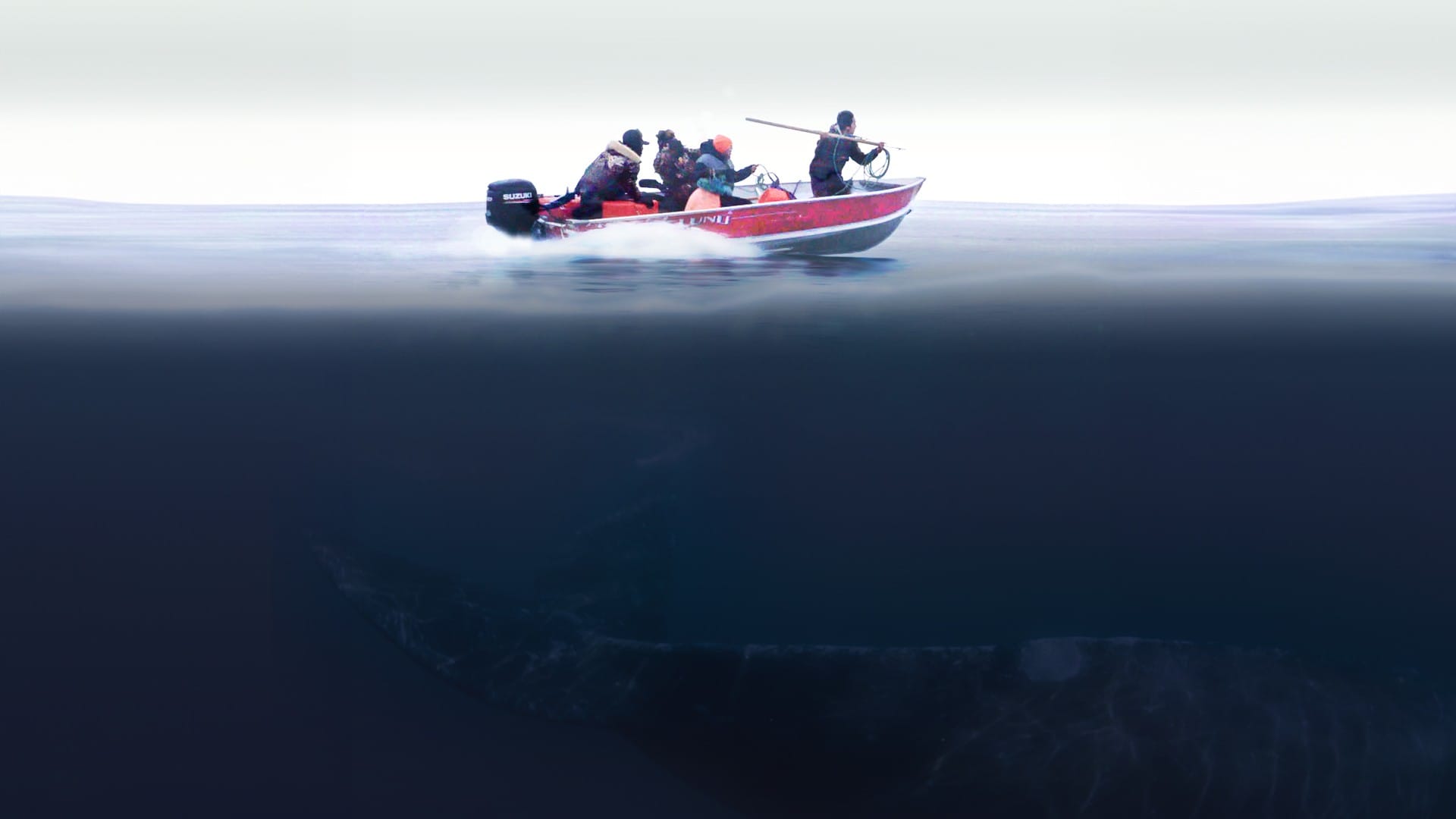
Winner of the Charlie Fowler Best Adventure Film Award, Mountain Queen: The Summits of Lhakpa Sherpa shares the powerful story of a Nepalese mountaineer, mother and wife living in Hartford, Connecticut who has summited Mt. Everest more times than any other woman in the world. Lhakpa’s challenges in raising two American daughters, surviving her husband’s abuse, and building a life far from home are juxtaposed against the beauty and adversity she faces on the mountain.
Immersive footage that carries the viewer up Everest along with Lhakpa and her team is interspersed with home videos of her young daughters, which make it clear that Lhakpa’s love for her children and the mountain are deeply intertwined. A scene of her daughter waiting at base camp and communicating with Lhakpa over the radio without knowing when she will return underscores the tension and emotional stakes involved.
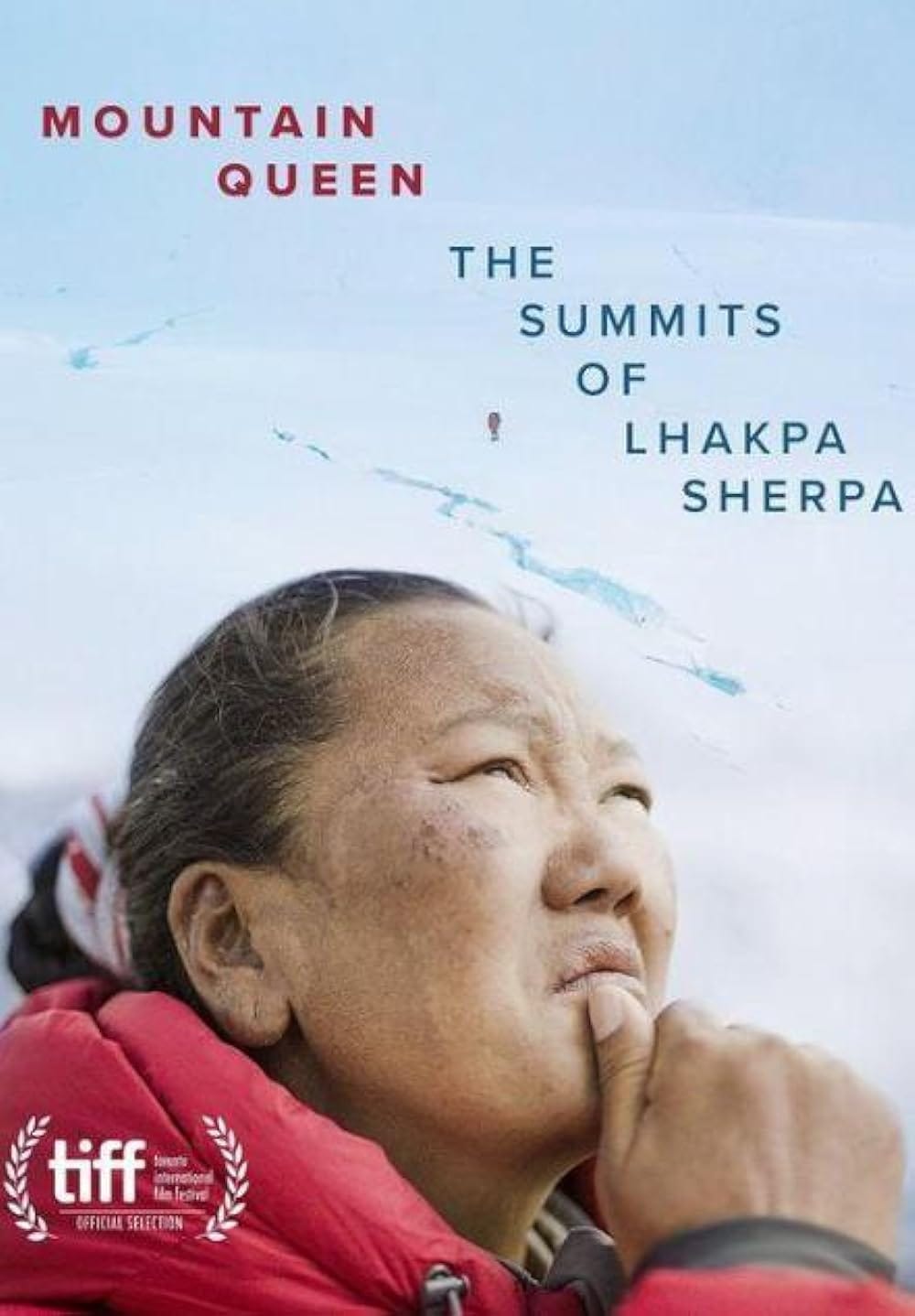
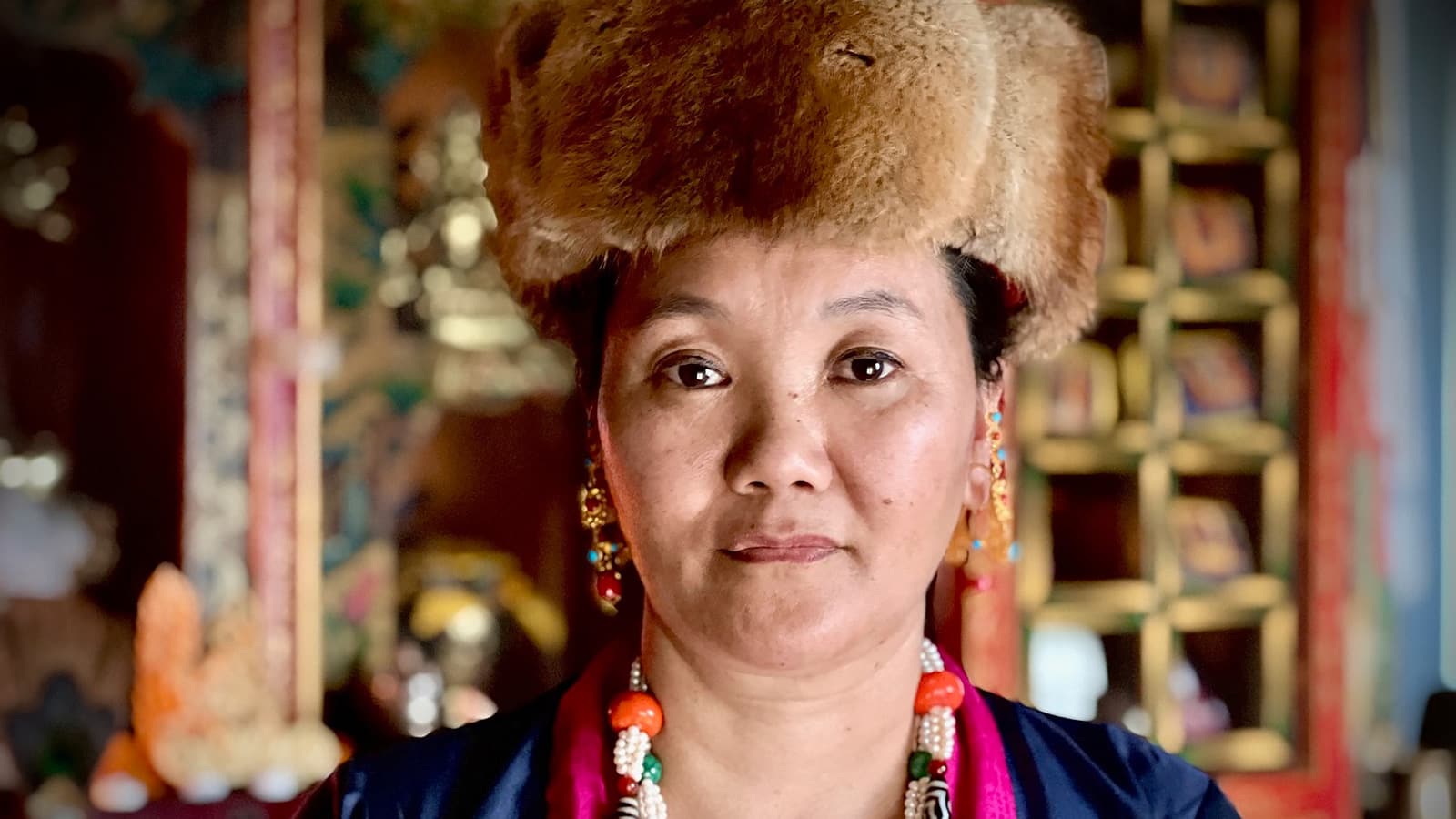
CREDIT: Mountain Queen
The film doesn’t shy away from showing the crowded conditions near the summit, offering a raw commentary on the realities of climbing Everest today. This perspective is paired with Lhakpa’s deeply personal experience during her ascent, often uncelebrated in adventure films, including getting her period and falling ill while climbing– a narrative rarely depicted in male-dominated mountaineering stories. The film paints a complex portrait of Lhakpa’s pursuit of her dangerous dreams, her daughters’ support in dismay of her passion, and the slow healing of her family on and off the mountain.
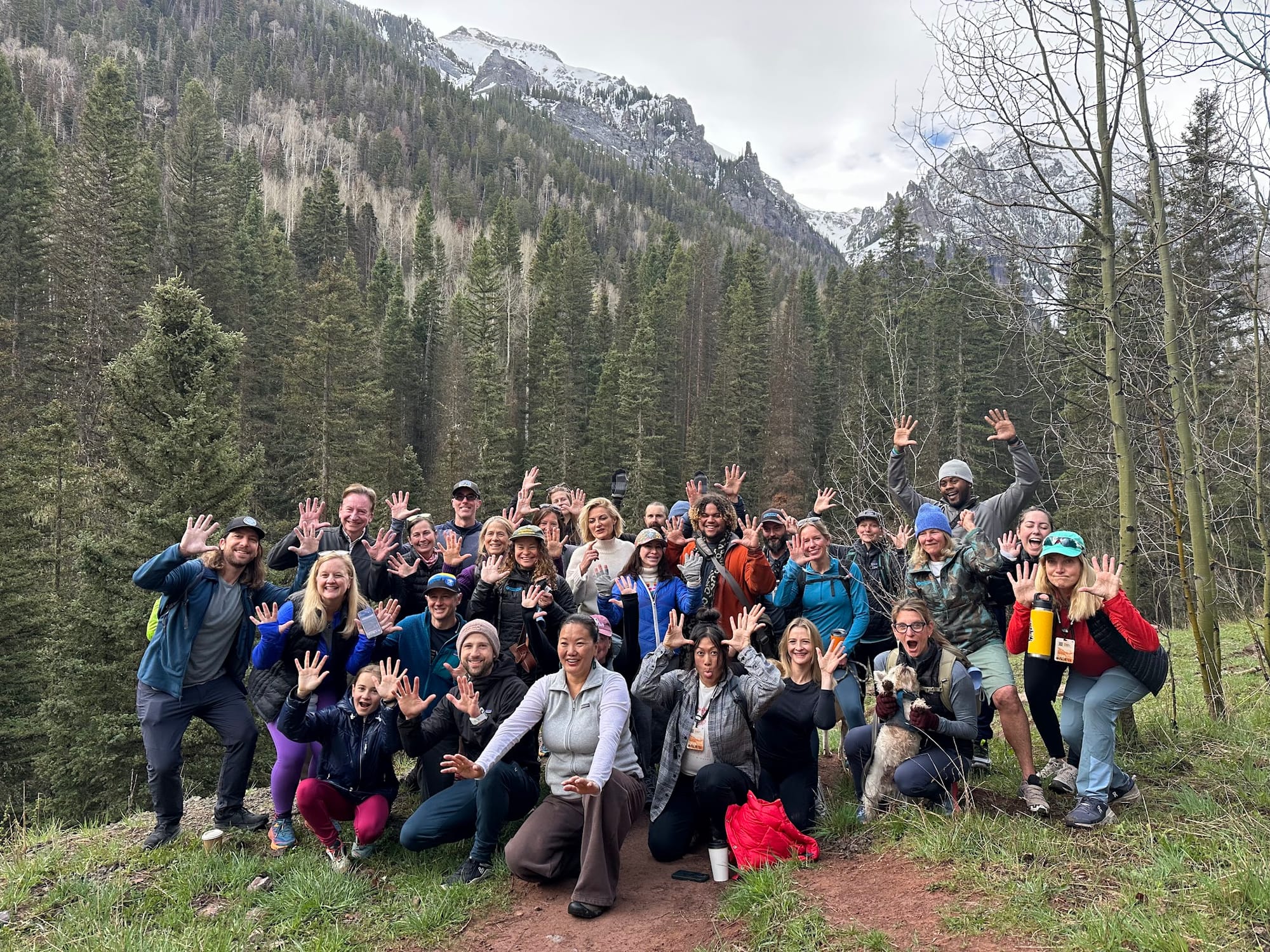
Copa 71 unearths the all-but-forgotten story of the 1971 Women’s World Cup, a landmark tournament that still holds the record for the largest crowd ever to attend a women’s sporting event. The film opens with a powerful scene featuring women’s soccer hero Brandi Chastain, who until now had believed she was a part of the first women’s tournament in 1991, setting the tone for a narrative of historical erasure and rediscovery.

Featuring a blend of moving historical footage and contemporary interviews with women who competed on this world stage over fifty years ago, the film captures the profound enthusiasm of the historical moment while revealing the personal struggles and societal challenges faced by these pioneering athletes. It explores the systemic suppression of women’s sports, exemplified by the English team’s return with shame after losing and the fade of the women’s game in Mexico despite fans’ support.
The film underscores the power of global connection found through soccer while celebrating the game as the fastest-growing sport for women globally. By offering this foundation of historical context from a time in modern history where women were not even allowed to compete, then fought to play (and played for free), the film investigates the future of women’s athletics and the power of women’s sports to drive social change.
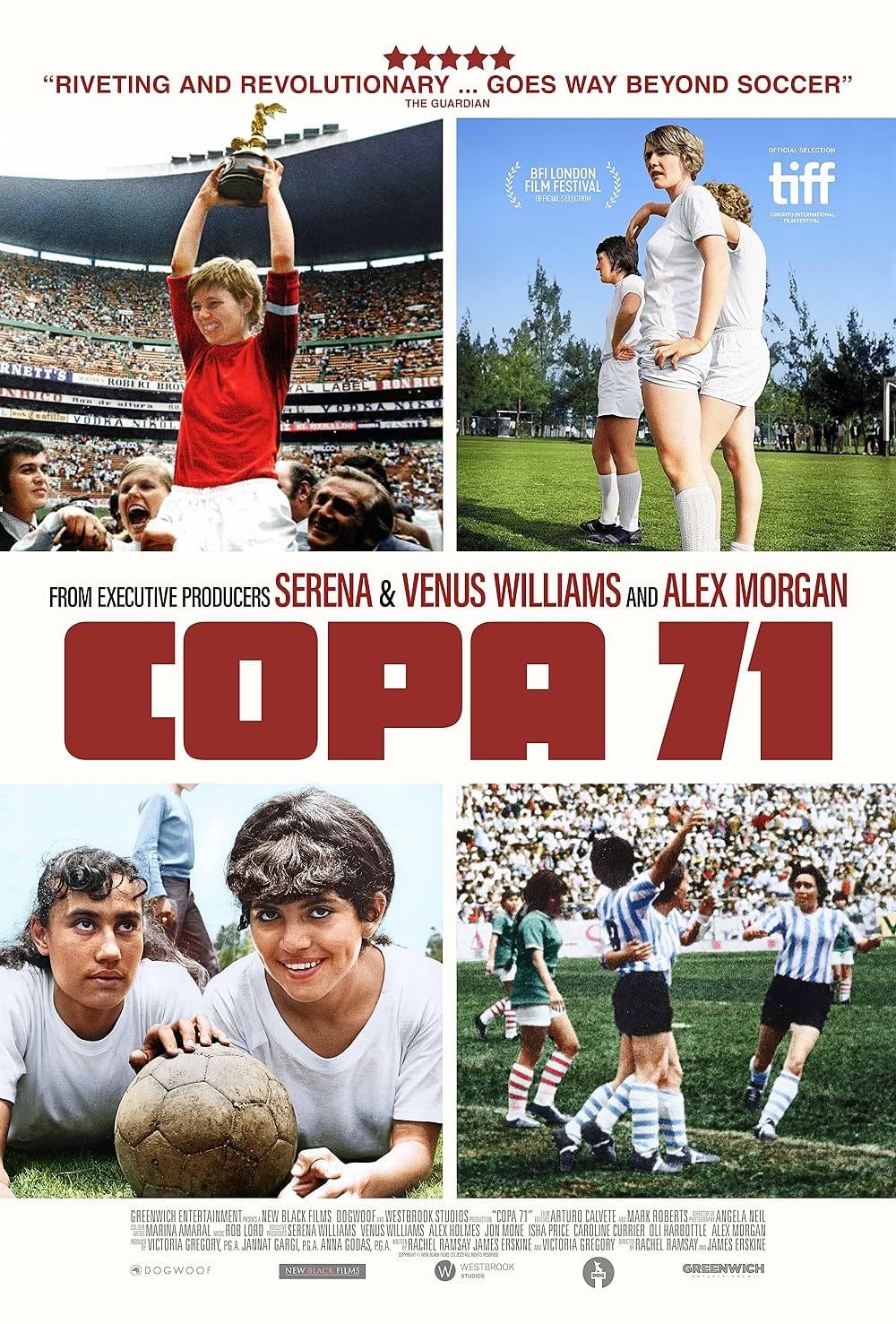
Winner of the Audience and Student Choice Awards, Between the Mountain and the Sky, tells the moving story of Maggie Doyne’s journey to build an unconventional family and provide a home to over fifty Nepali children. Intimately shot, the film captures Maggie and her friend and business partner, Tope Malla, and their capacity for seemingly boundless love through all of the small, joyous everyday moments as well as the unimaginable tragedy of losing a child.
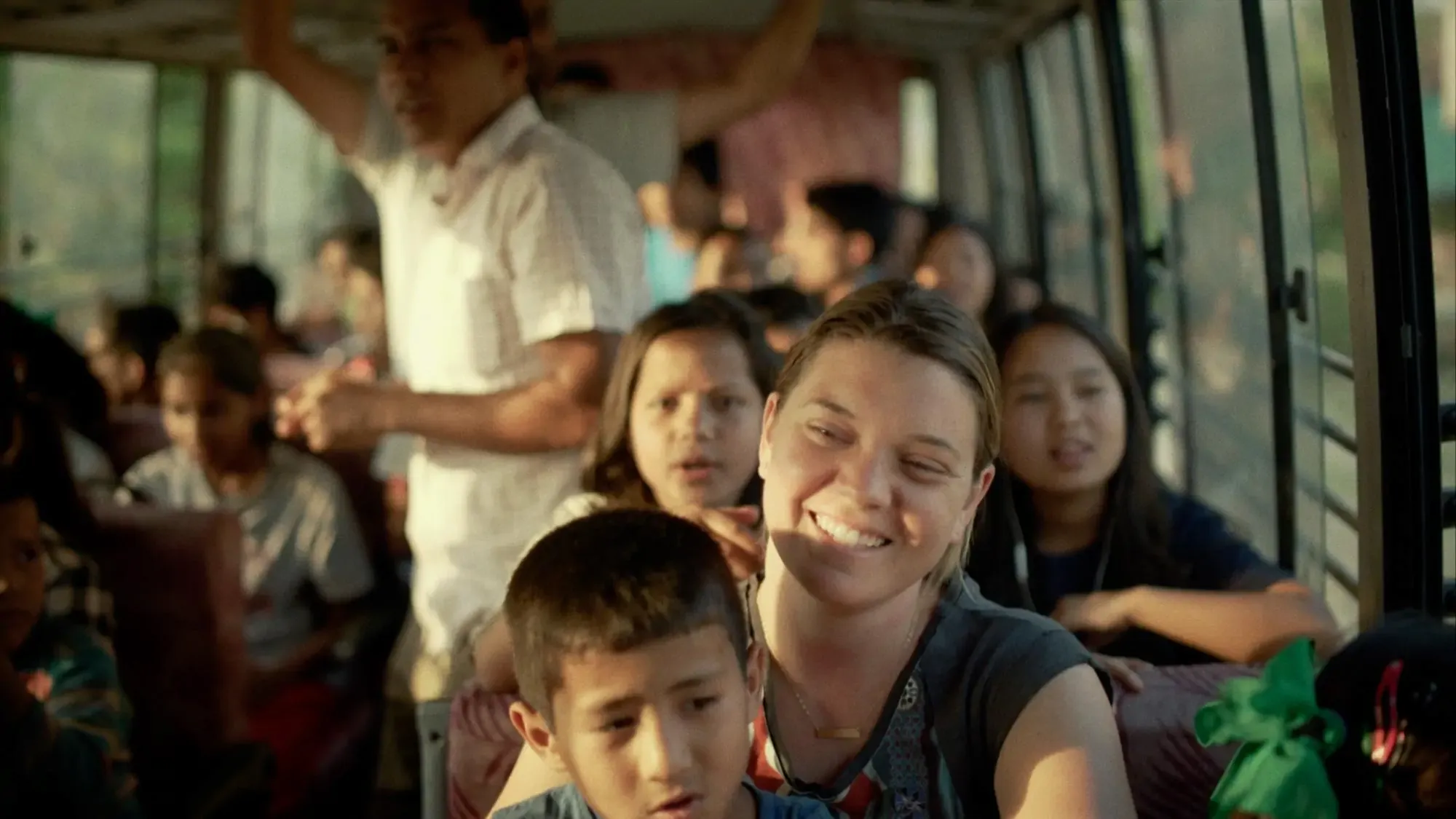
The film is thought-provoking in its complex representations of love and loss. Several themes that resonate deeply are Maggie’s understanding of her own limitations in replicating a Nepali nuclear family and what she could provide in its stead through this home, her need to love herself to heal from her grief after losing a child, the romantic connection she discovers, and the celebration of their blended family once Maggie has biological children of her own.
This film offers a beautiful portrayal of care and mothering across cultural and societal bounds while also offering an important reflection on the potential of humanitarian work when it is grounded in deep collaboration with the local community.
Anna Kayes is a producer, coach, educator and community-builder. Her work integrates connecting people across cultures, empowering girls and women through sport, and elevating stories that center women’s perspectives. She resides in San Diego, CA.
